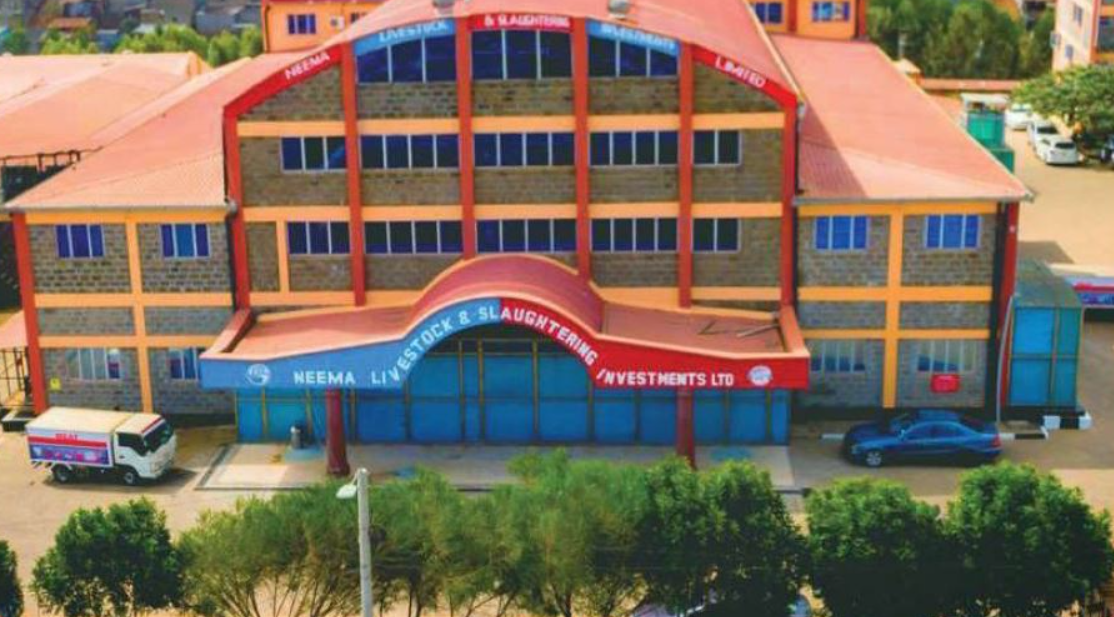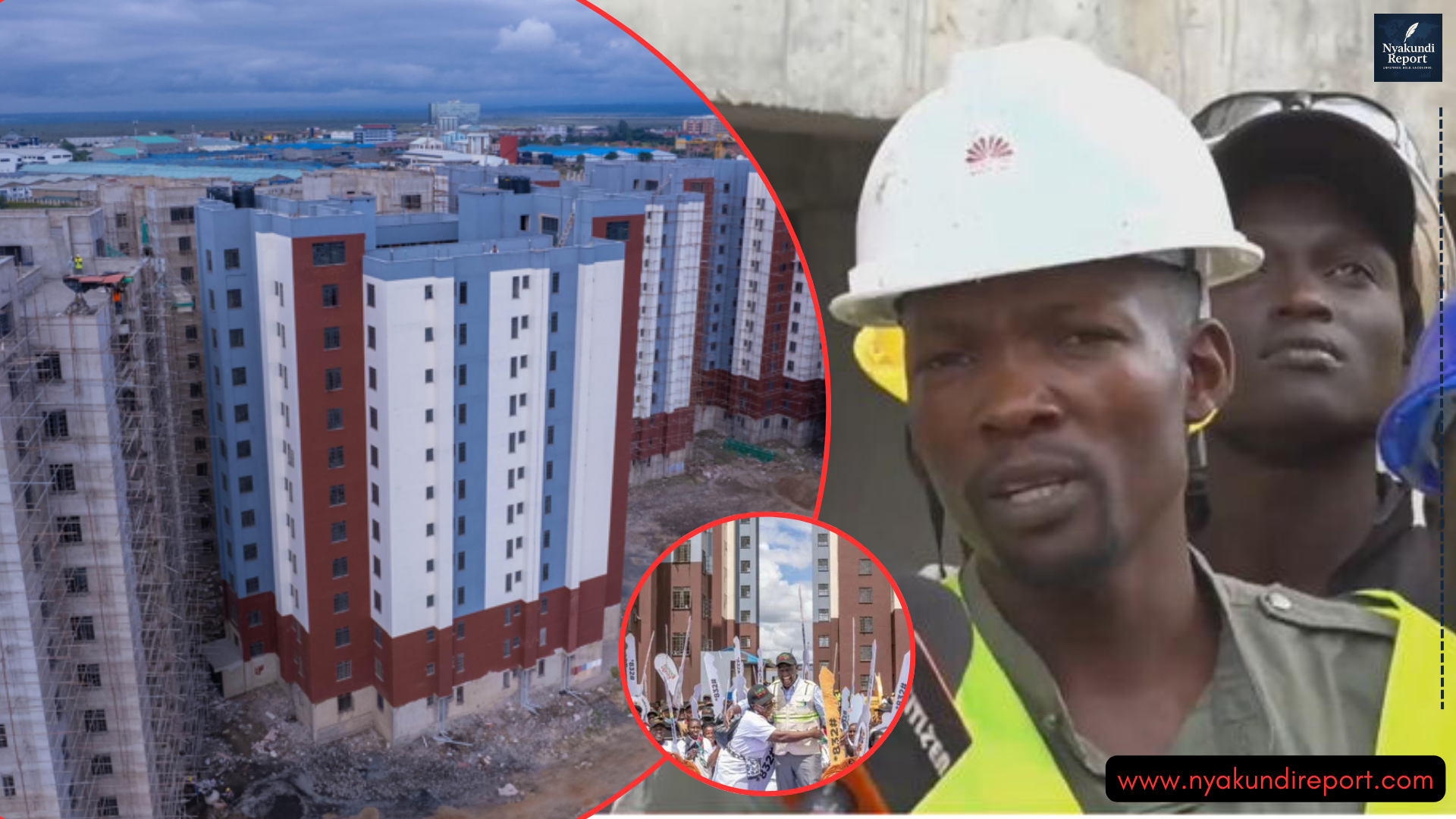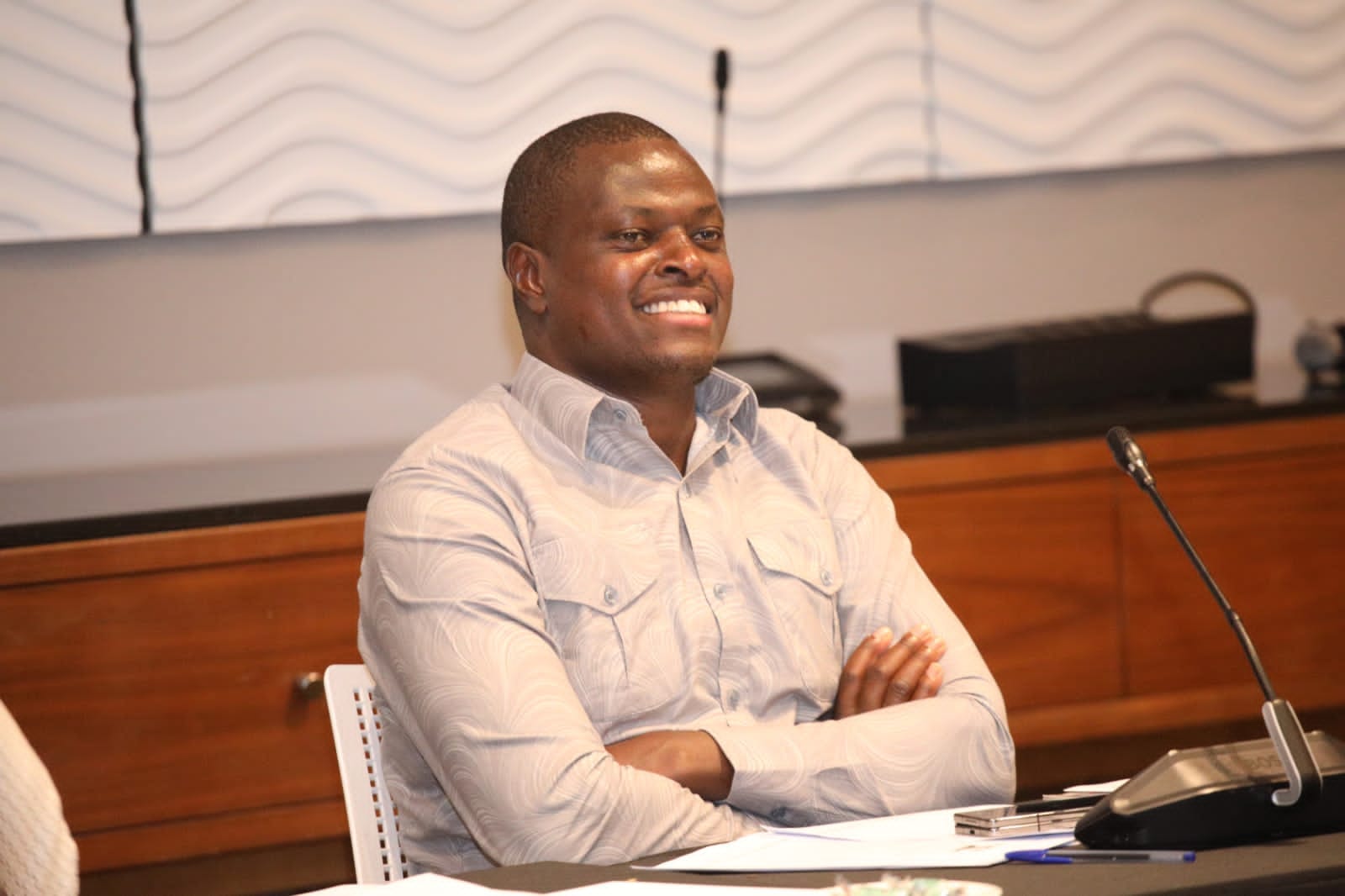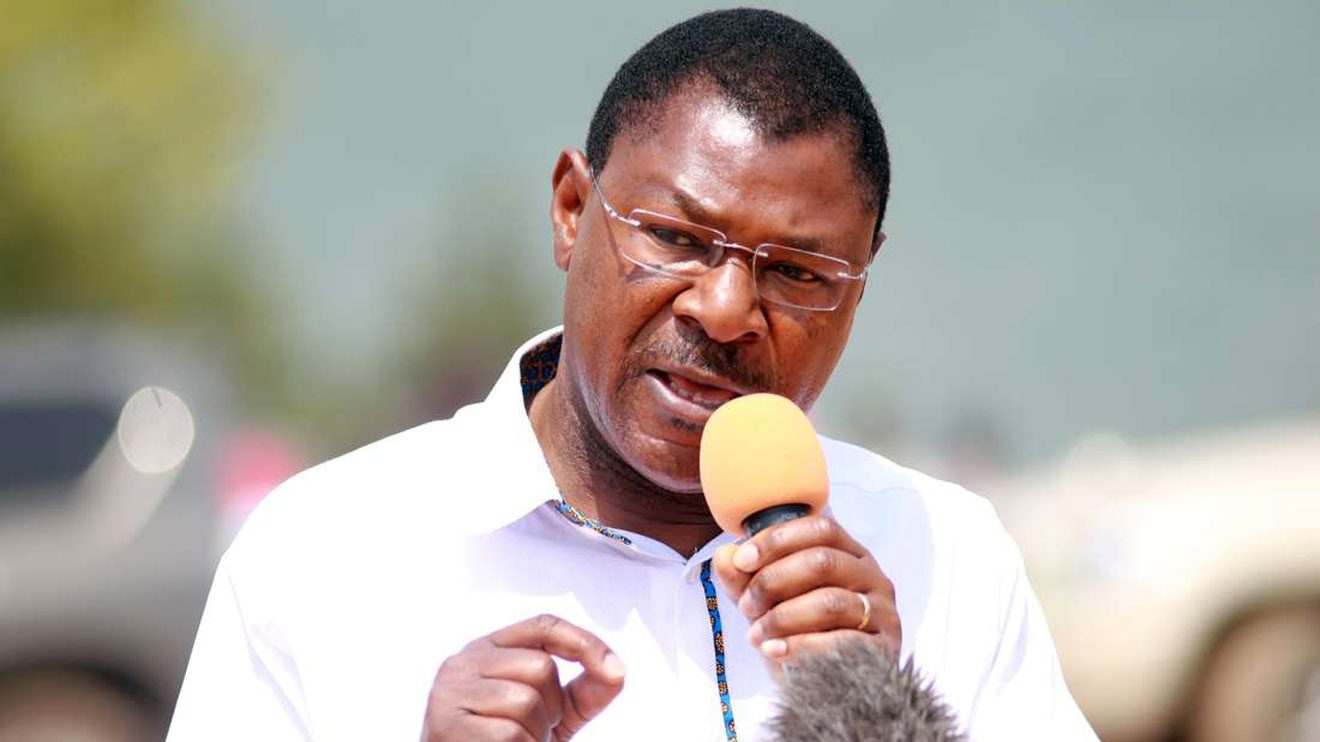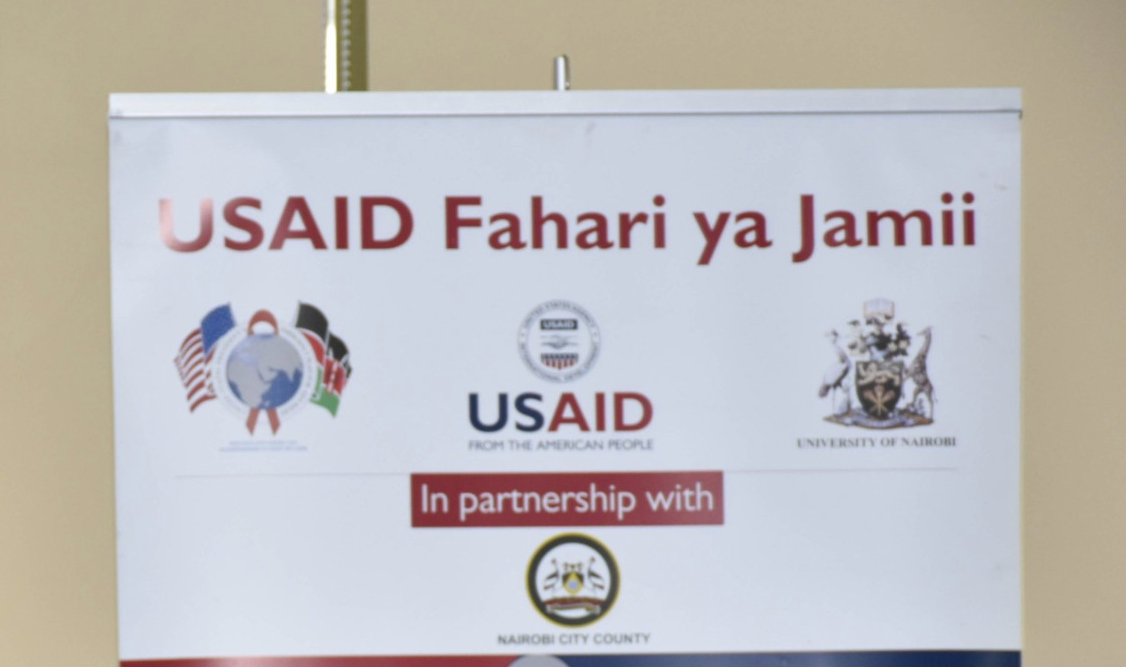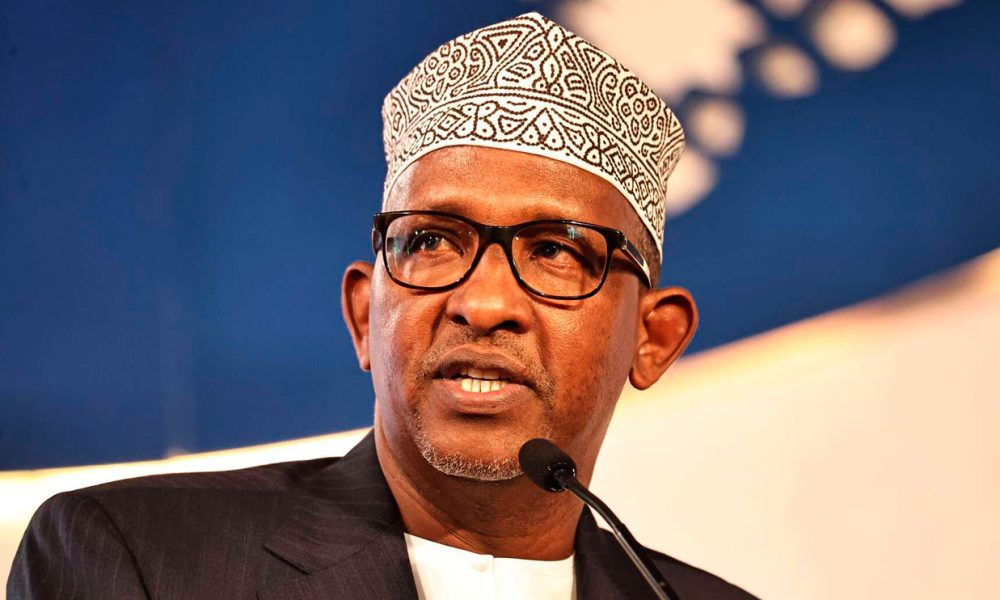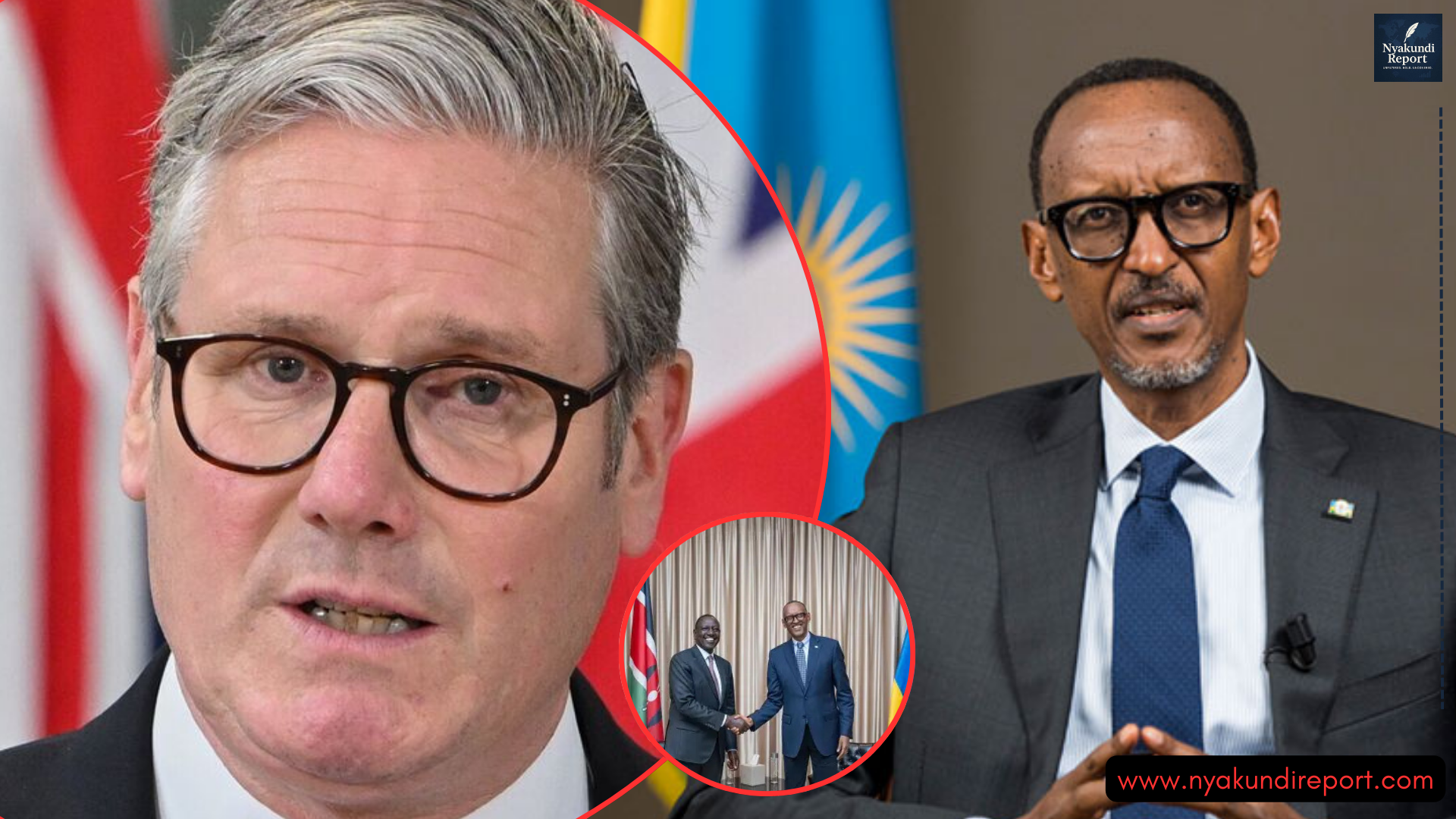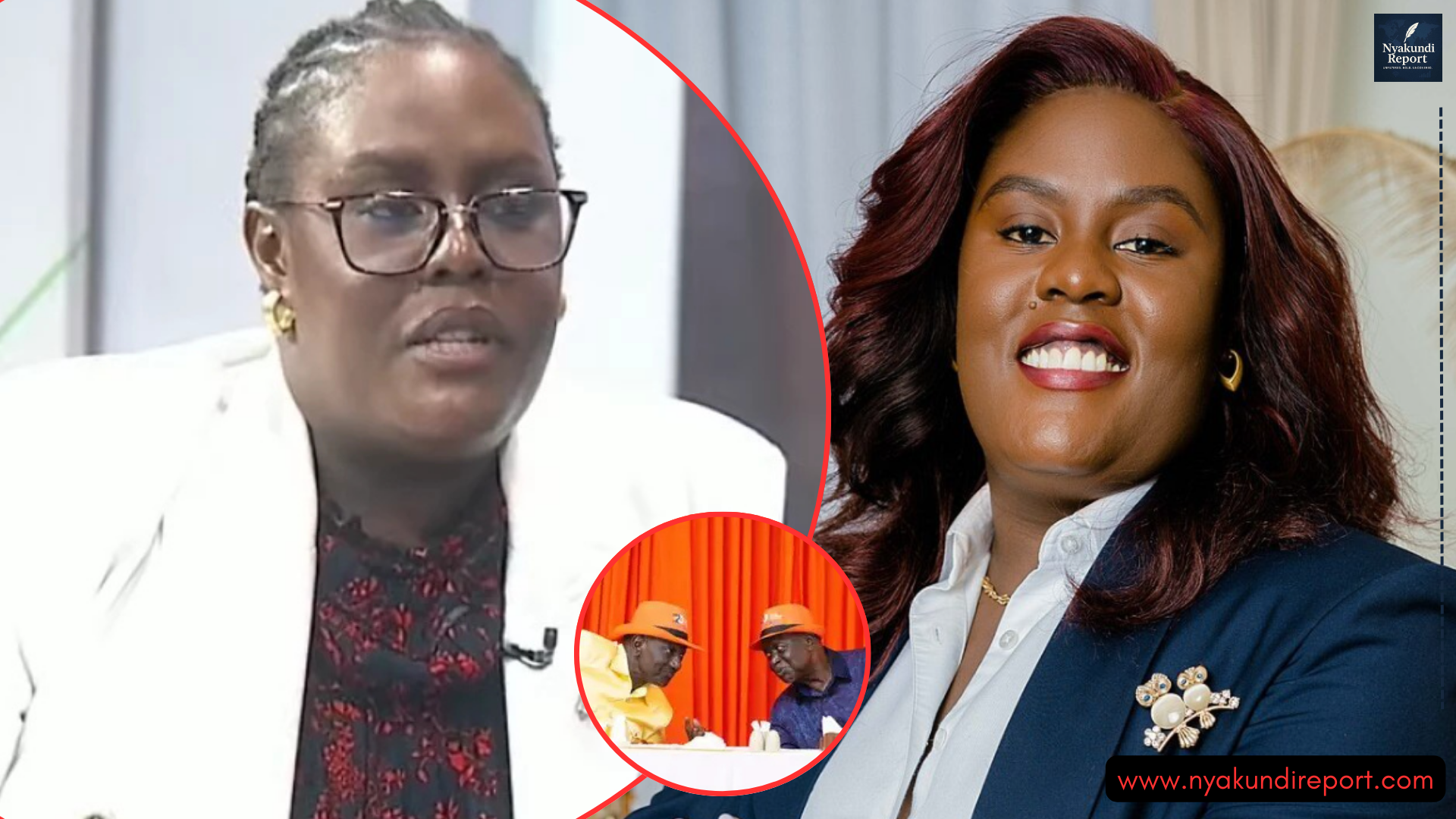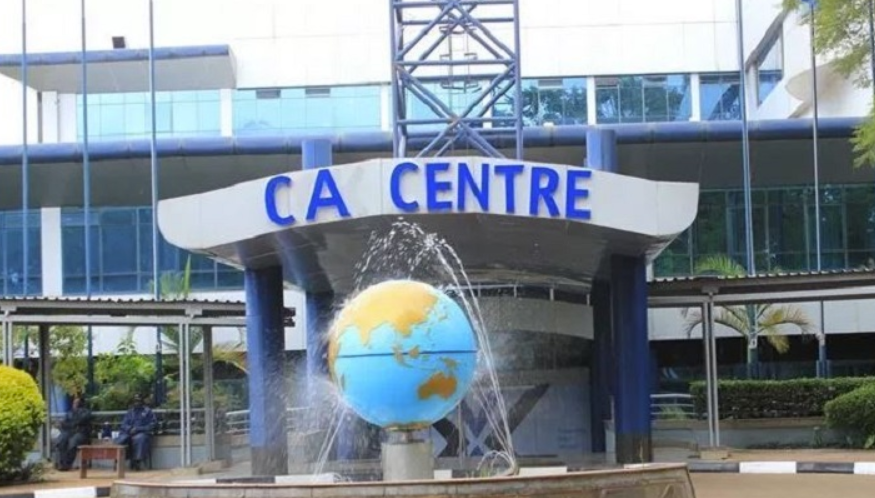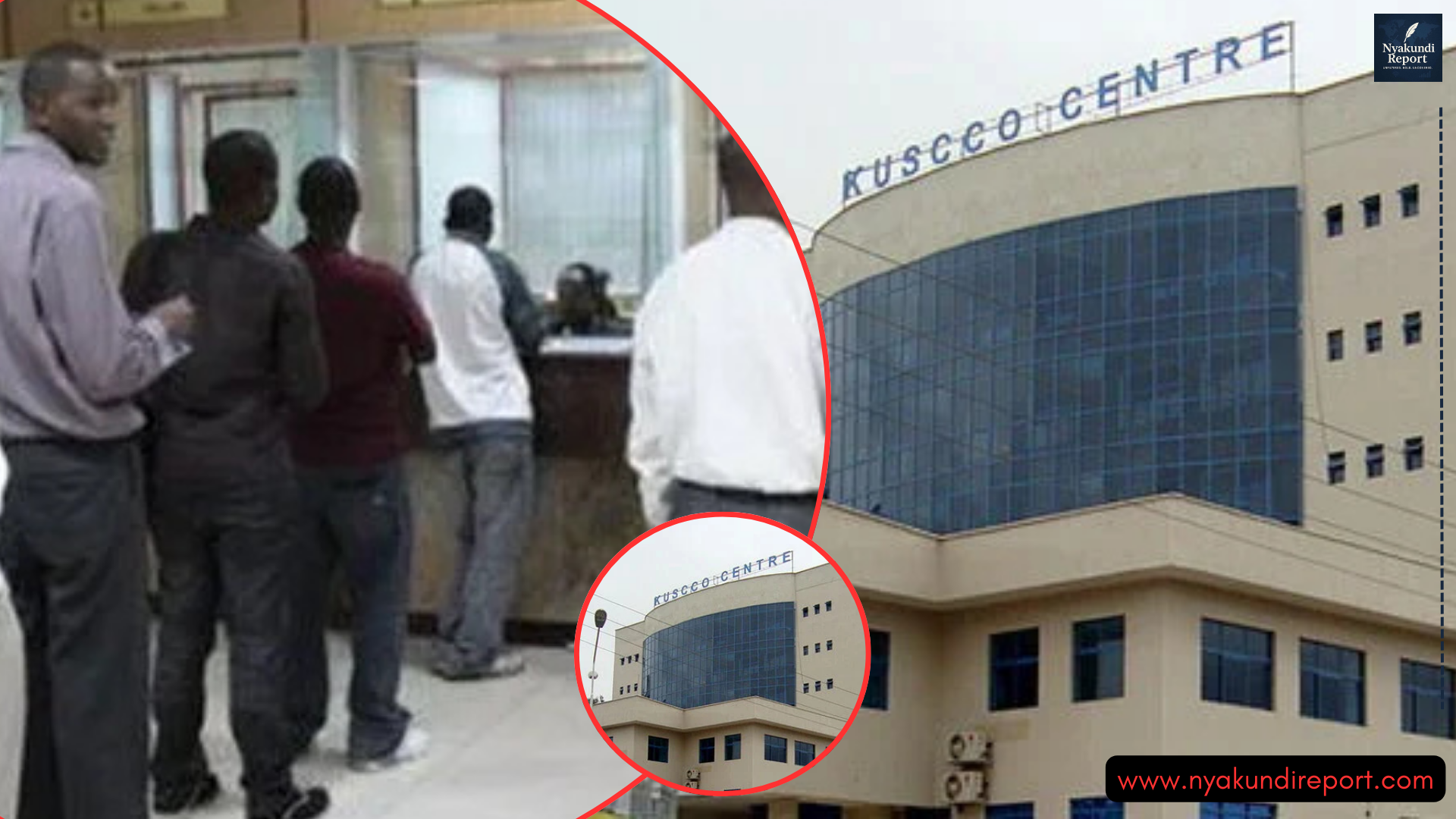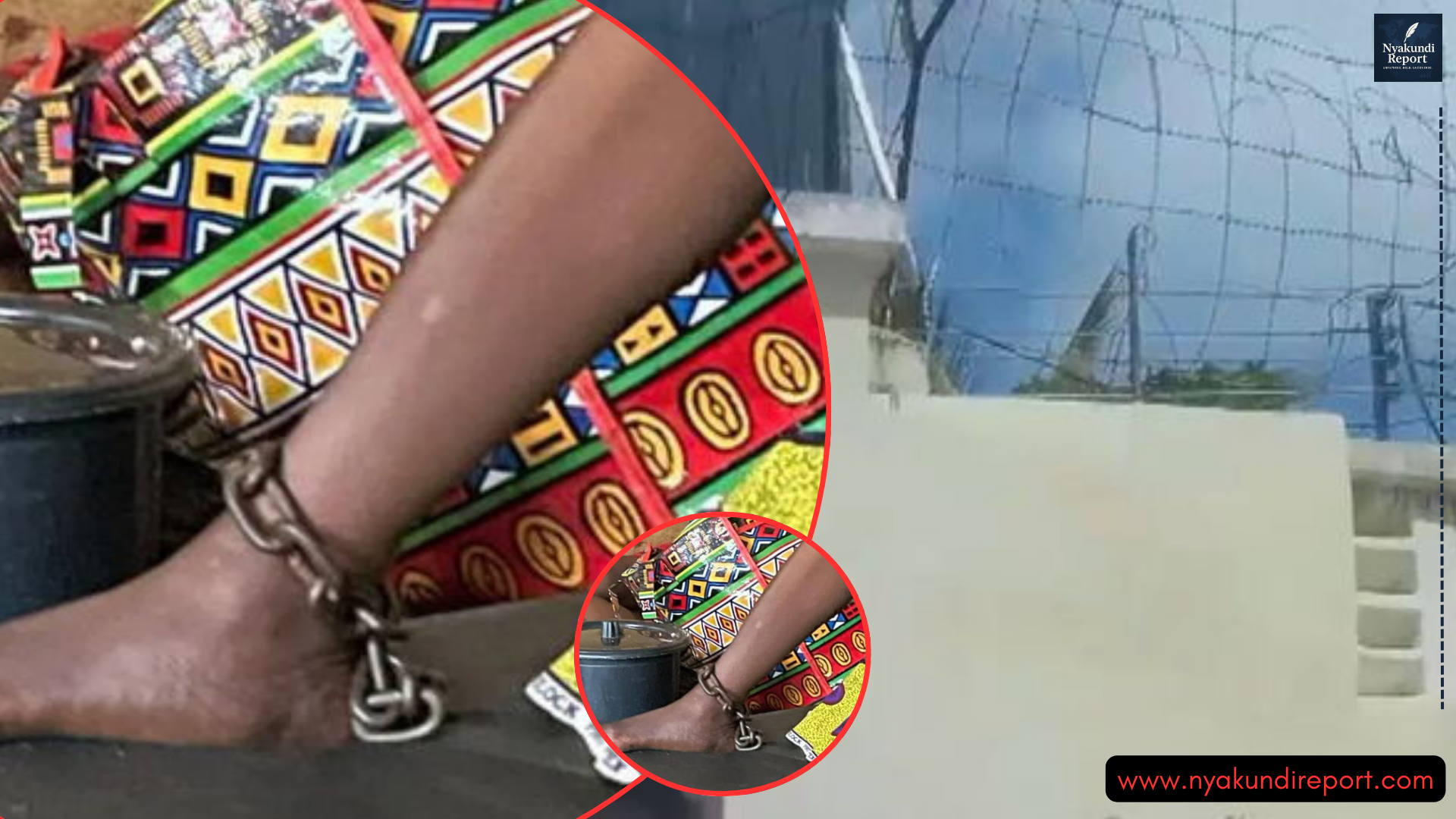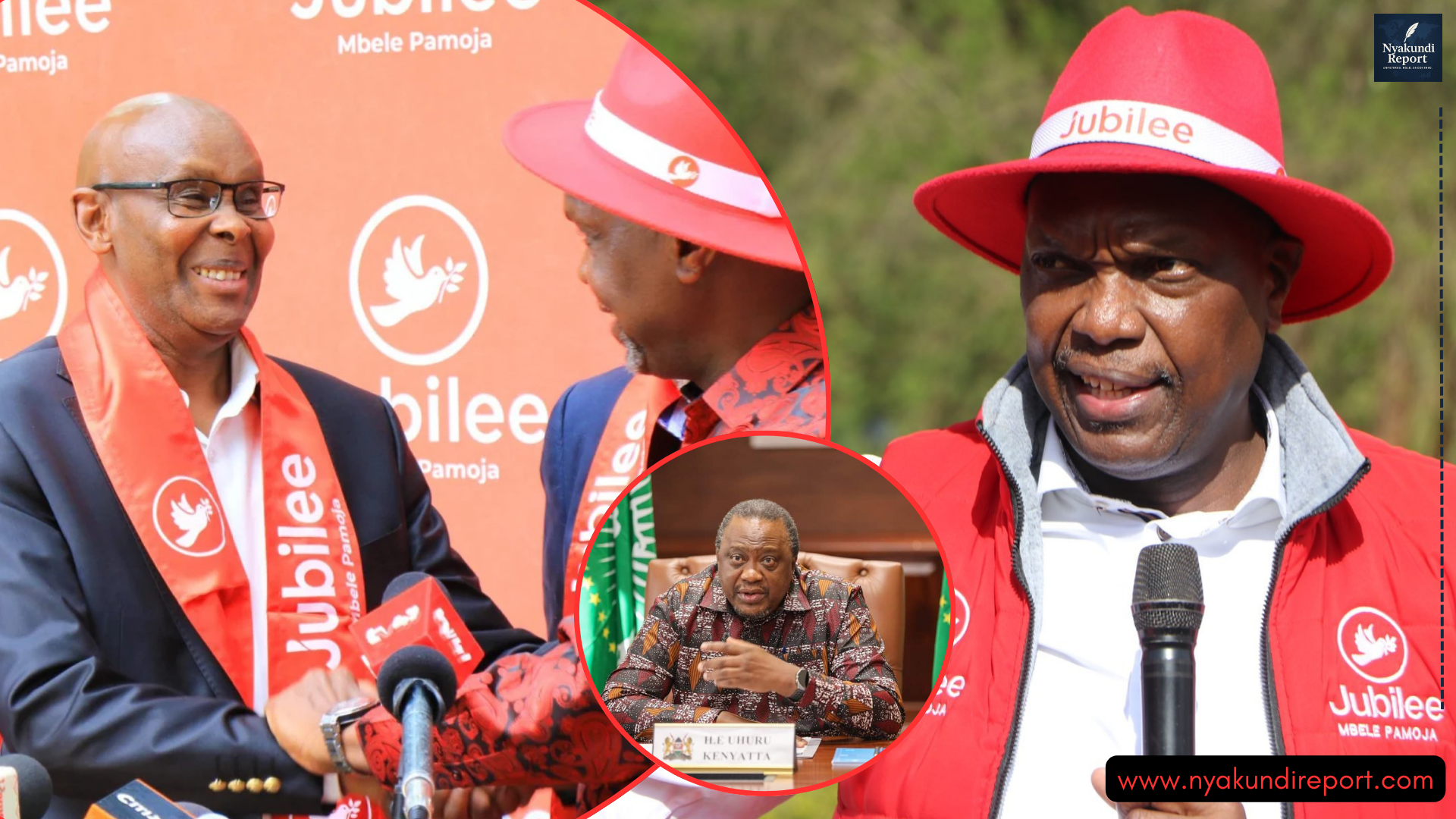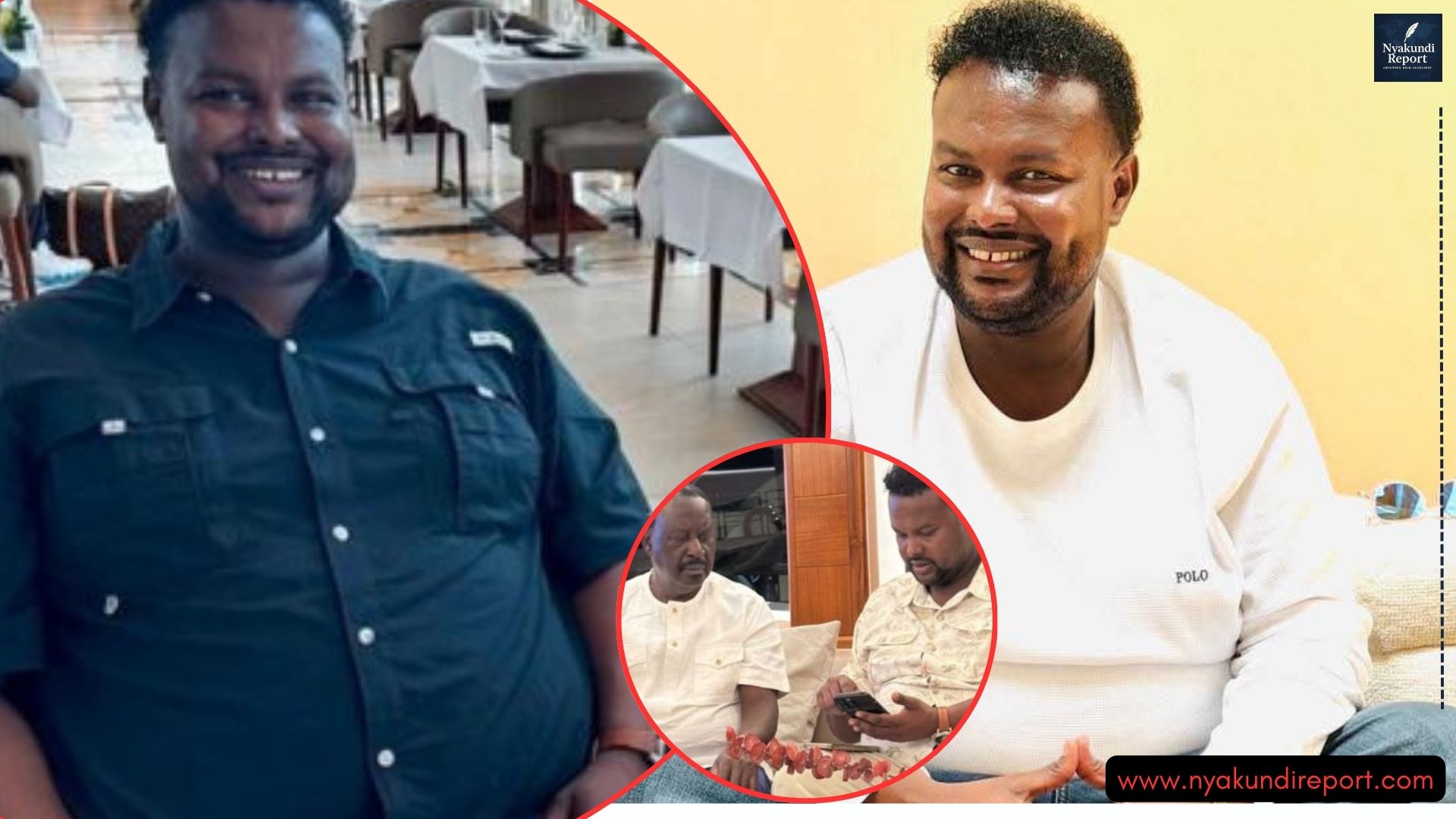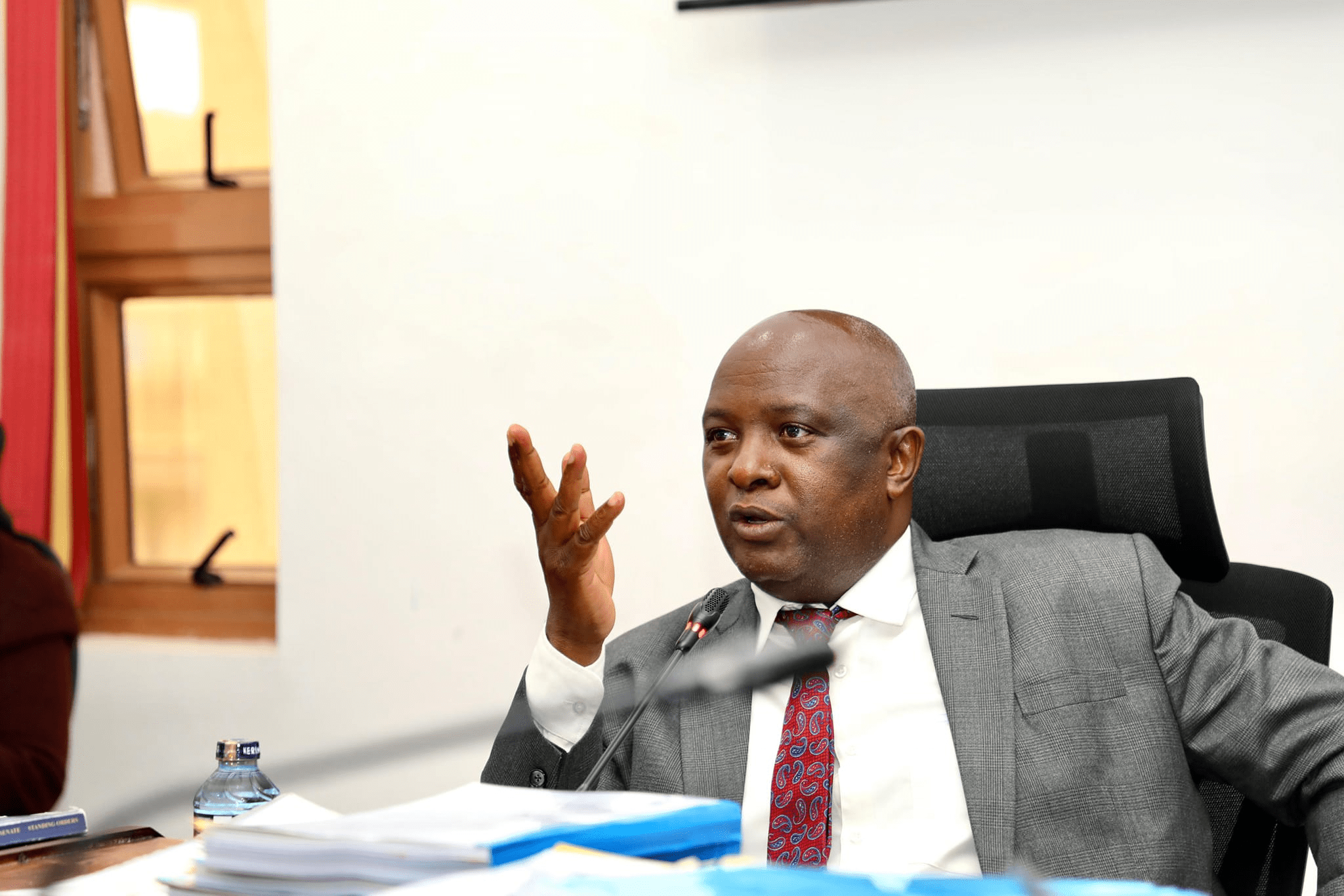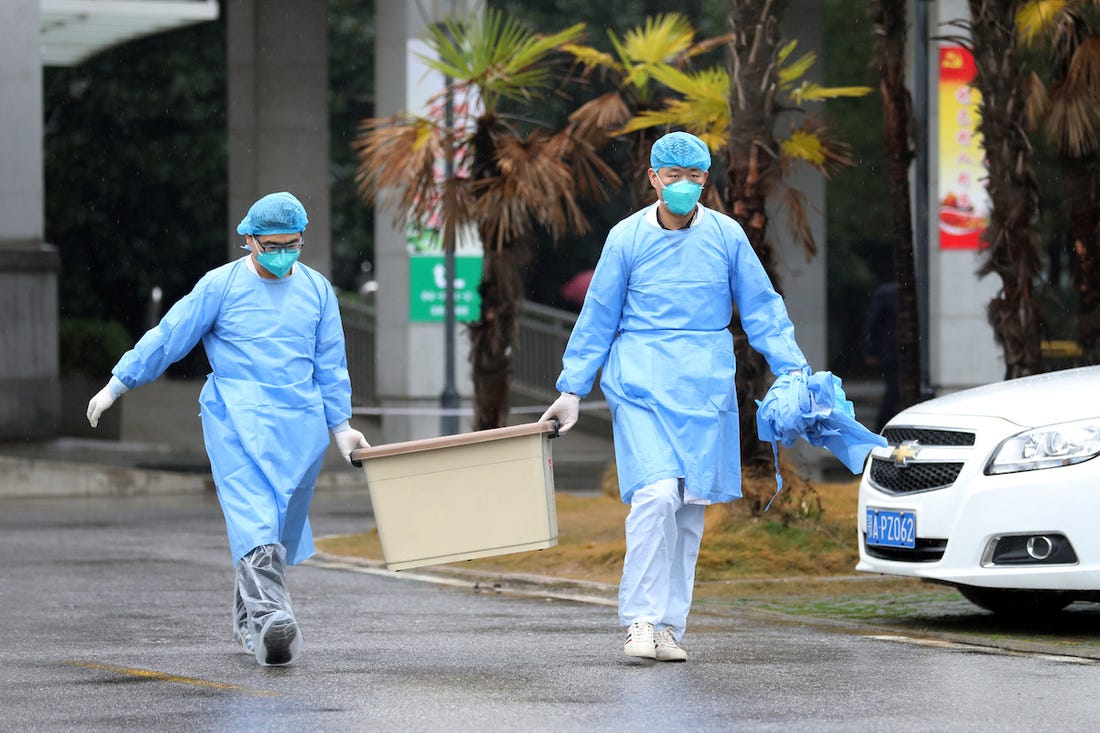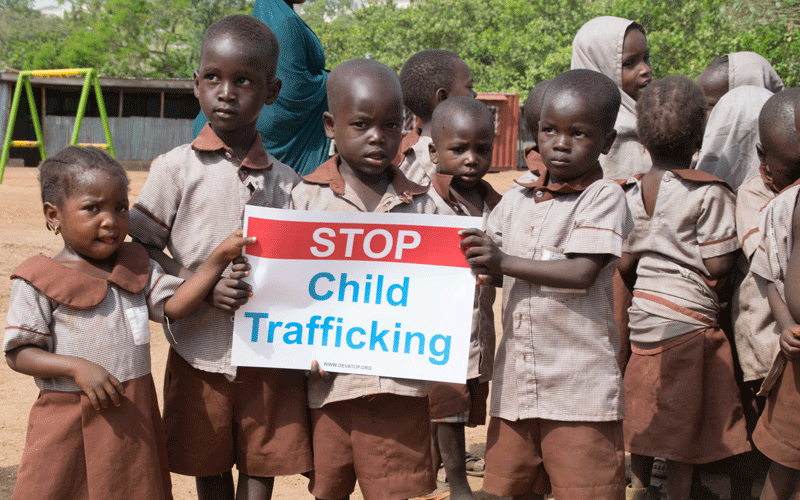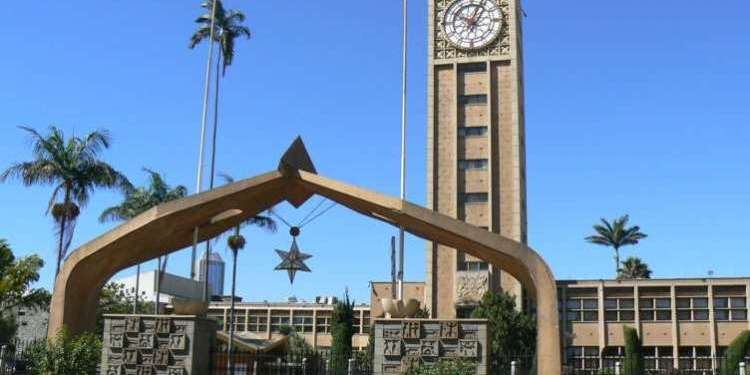Albert Ojwang’s brutal death has shaken Kenya. A young father, teacher, and fearless online activist, he died under horrifying circumstances. New evidence reveals his murder was no accident. Rather, it appears to have been a ruthless, planned operation tied directly to political power—one name keeps coming up: Deputy Inspector General Eliud Lagat.
Ojwang used his social media platforms to challenge corruption and impunity. His arrest quickly turned into a calculated killing. Every step, from arrest to torture, seems strategically executed.
And this week, investigators and eyewitnesses point to Lagat’s direct involvement in orchestrating the operation that ended Ojwang’s life.
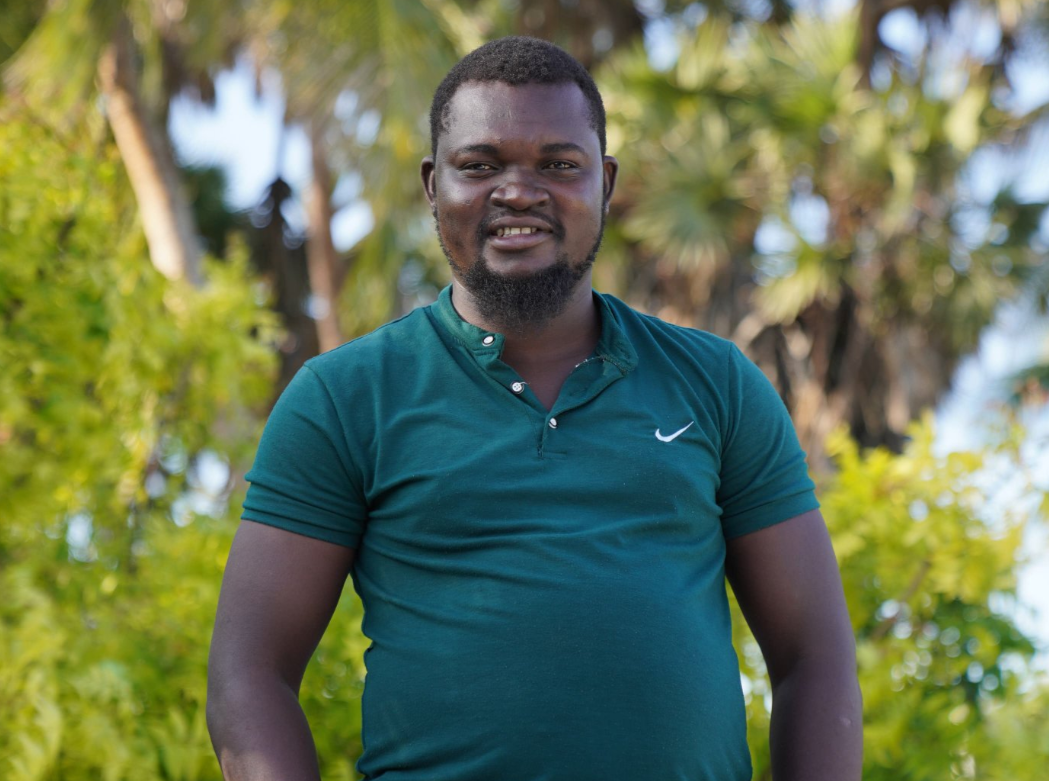
Eliud Lagat’s Role in a Premeditated Operation
Investigators traced the timeline of events leading to Ojwang’s death. On June 7, 2025, officers from the Directorate of Criminal Investigations arrested Ojwang in Homa Bay. He faced accusations that he targeted Deputy IG Eliud Lagat in his online posts.
At 2:30 PM, DCI officers—led by Sergeants Sigei and Kirui, along with Constables Kinyoni, Mwanze, and Rapudo—picked Ojwang up. They took him first to Mawego police station before moving him to Nairobi in a DCI vehicle.
Upon arrival at Central Police Station, officers formally booked him at 9:35 PM under OB number 136/7/6/2025. He even called his wife and a friend to confirm his safe arrival. Eyewitnesses confirm this was the last time anyone heard from him outside police custody.
Evidence now shows that Eliud Lagat ordered Ojwang removed from his cell between 9:35 PM and 1:39 AM. Police investigators believe Lagat orchestrated the plot to abduct, torture, and kill Ojwang under the cloak of darkness.
Karura Torture and Return to the Cell
Sources close to the investigation reveal Ojwang was taken from his cell at Central Police Station in a private vehicle. Officers transported him to a secluded area in Karura Forest. There, a senior officer, allegedly working directly under Eliud Lagat, led the brutal torture.
He experienced horrific violence. Officers handcuffed him and beat him repeatedly with blunt instruments. Multiple limbs broke under relentless blows. The assault escalated until Ojwang fell into a coma. His attackers panicked, fearing their victim might die in the woods. They hid the body and rushed him back to Central Police Station.
At the station, officers discovered Ojwang was barely alive. Staff lodged objections. They shrank in fear of legal consequences. But they received orders—reportedly from senior officers—to proceed. Police booked Ojwang into solitary confinement again. They reclaimed his cell and removed other detainees to keep the space clear.
At 1:39 AM, OB number 9/08/06/2025 recorded the death. Ojwang had quietly died under brutal police custody—no witnesses, no accountability. Just a cold, calculated murder.
The execution of this cover-up points upward. Investigators suggest Eliud Lagat led or approved the removal of Ojwang from his cell. DCI sources say the use of a private vehicle, nighttime abduction, and return under a different OB number all tell of a meticulously planned operation.
Forensic details confirm this pattern. The torture left Ojwang with extensive injuries—broken bones, massive bruising, and internal trauma consistent with extreme assault. Medical reports confirm these injuries could not arise from normal police handling or a fall. The brutality points to willful and targeted violence.
Witness testimony also strengthens the link to Lagat. One junior officer, speaking under protection, claims senior staff ordered him to comply without question. He said no paperwork existed for the transfer to Karura. He added that they acted only after a call from “above,” pointing to active involvement from Deputy IG Eliud Lagat.
What’s Next for Eliud Lagat and the Investigation
Kenya now stands at a critical crossroad. The nation expects justice for Ojwang and accountability for police brutality.
IPOA (Independent Policing Oversight Authority) launched an investigation. They named Eliud Lagat as central to the operation. The director of DCI is preparing criminal charges if the evidence holds.
Public outcry has grown. Activists and human rights advocates led protests on June 10, demanding Lagat face justice. They want the Inspector General of Police to immediately strip him of his position and place him under arrest.
Politicians from various parties echoed the call. They argue this incident highlights a deep problem within the police hierarchy. They demand sweeping reforms and transparent disciplinary processes.
If investigators prove the link between Ojwang’s torture and Eliud Lagat, Kenya will face its biggest police scandal in decades. The Deputy IG could see charges ranging from abduction and torture to murder. And this will trigger broader calls for systemic reform and civilian oversight of security agencies.
Demanding Justice and Institutional Change
The Ojwang case shows how policing powers can be weaponized. It highlights deep flaws in oversight and accountability within law enforcement.
Human rights defenders emphasize the need for independent bodies with power to investigate, prosecute, and sanction police misconduct. They envision a system where no officer—even one as senior as Eliud Lagat—stands above the law.
Social media outrage continues. Thousands post with the hashtag #JusticeForOjwang, demanding answers and swift action. Kenyans across generations demand that the state protect its citizens—not silence them.
The pressure now shifts to the government. Will President Ruto, the National Police Service, and the Judiciary act decisively? Or will Eliud Lagat evade consequences through political influence?
If justice flows, it could spark transformative accountability in Kenya’s security establishment. If the state fails, it could erode public trust and destabilize law enforcement legitimacy.

